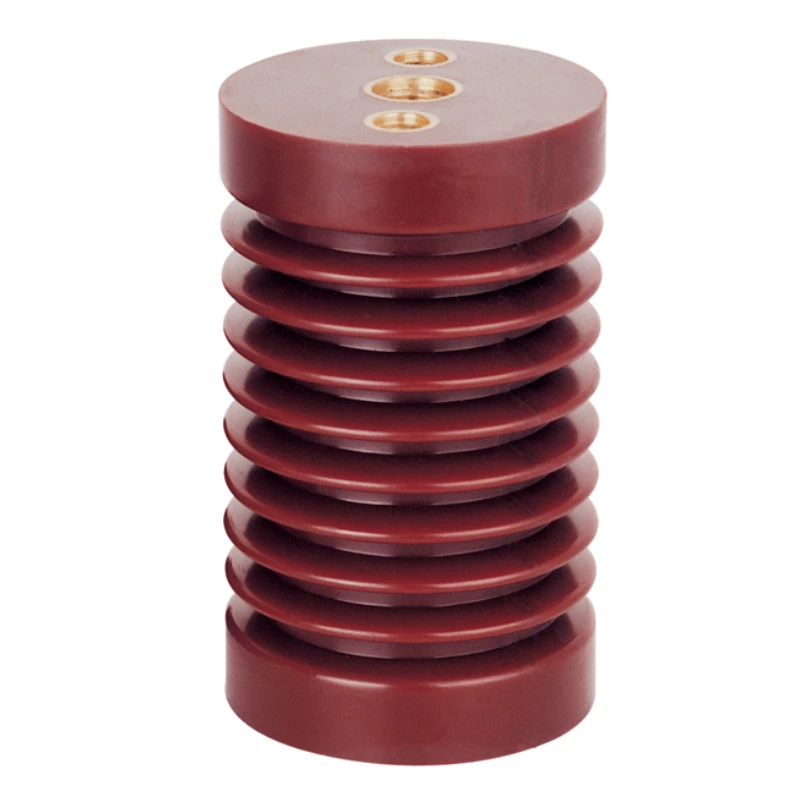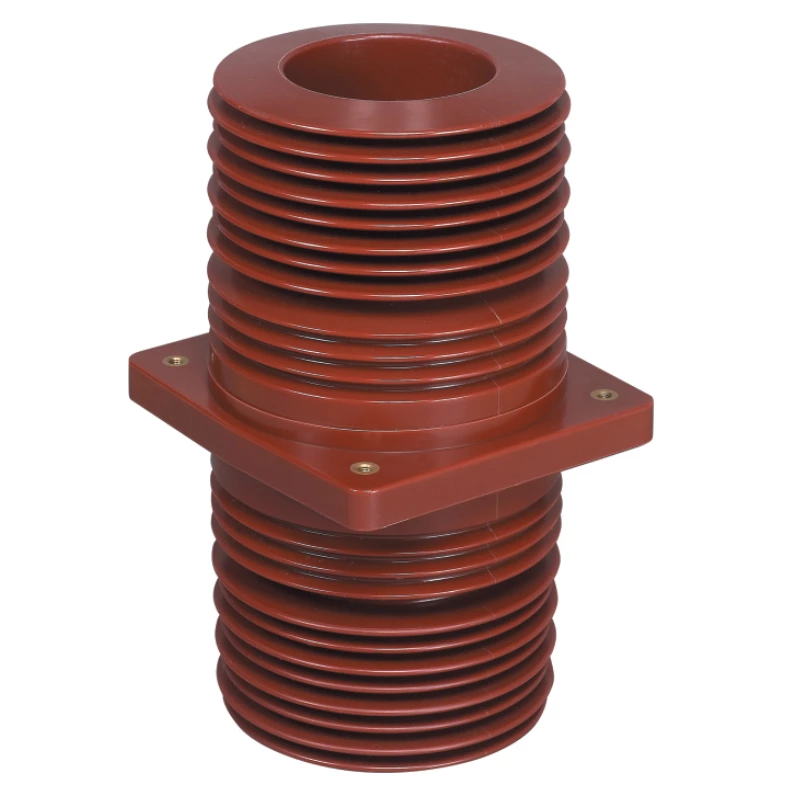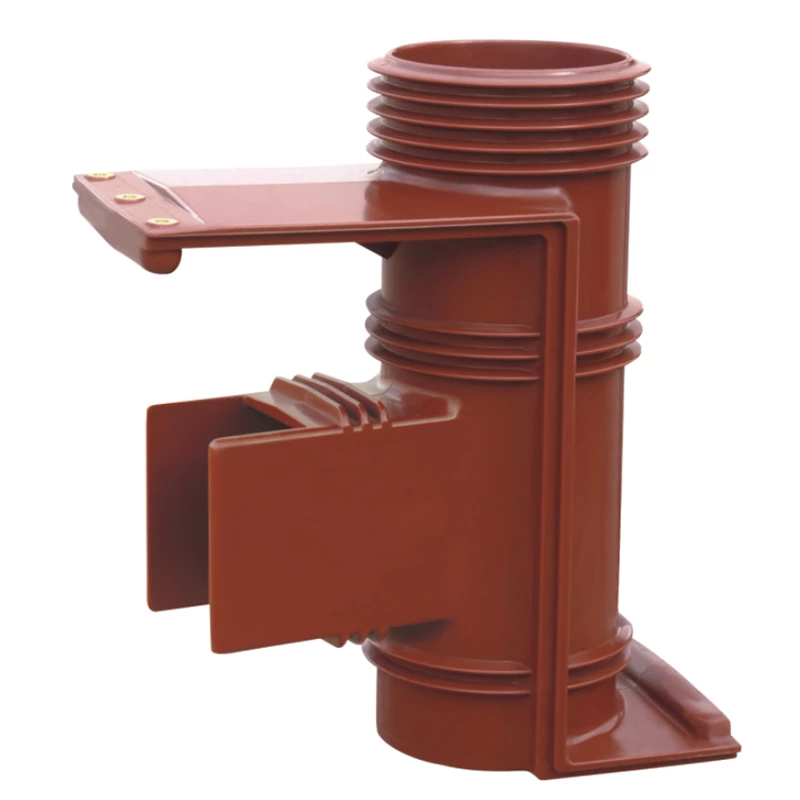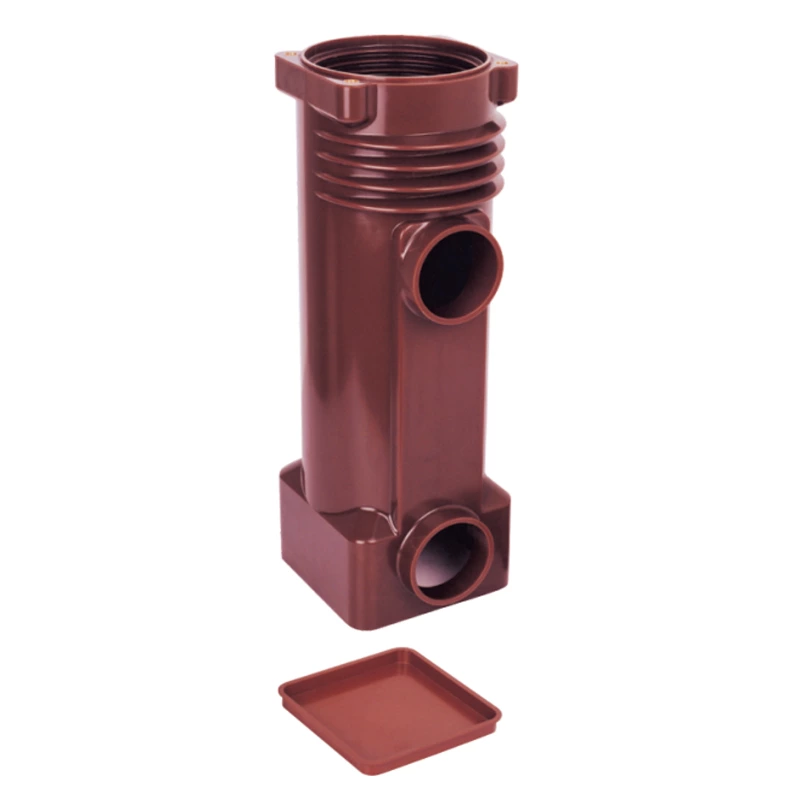Epoxy Resin Ceramic Insulators-Conclusion
In practical applications, high voltage standoff insulators is widely used in high-voltage power equipment such as power lines and substations. It not only improves the safety of the equipment, but also reduces maintenance costs. Because of its stronger anti-pollution and anti-aging capabilities, the replacement frequency of high voltage epoxy is greatly reduced compared to traditional insulators. For example, in some coastal cities, affected by salt spray, ordinary ceramic insulators are often corroded, leading to power system failures. The corrosion resistance of epoxy resin insulator allows it to work stably for a long time, effectively ensuring the stable supply of electricity. If you dig deeper, you will find that another advantage of high voltage epoxy resin is its customizability. The demand for insulators in power facilities is getting higher and higher, and various special requirements are constantly being put forward. Traditional ceramic insulators are mostly limited in form and structure. The emergence of high voltage standoff has changed this situation. It can not only be tailored according to the climate and environmental conditions of different regions. It can also meet the needs of different voltage levels and different scenarios. Imagine. It can become lighter, or have stronger adaptability in certain extreme environments, ensuring that it can play its maximum performance in different industries and different scenarios.
Another little-known advantage is its green and environmentally friendly characteristics. In the production process of epoxy resin ceramic insulators, the materials and technologies used have minimal pollution to the environment. In particular, the environmentally friendly nature of epoxy resin is that it is not only recyclable, but also does not release harmful gases. Nowadays, in the context of global advocacy of environmental protection and sustainable development, this environmentally friendly insulator has undoubtedly brought us more long-term ecological benefits. Although epoxy resin ceramic insulators have many advantages in performance, they are not perfect. Its production cost is higher than that of traditional insulators, which may affect its popularity in some projects with limited budgets. Although epoxy resin has strong high temperature resistance, there may still be some risks of material degradation in some ultra-high temperature environments. For some special occasions, how to choose suitable insulator materials still requires more detailed analysis and evaluation. When we stand at the forefront of science and technology and look back at the changes in power facilities over the years, it is not difficult to find that epoxy resin ceramic insulators are undoubtedly an important part of it. It not only represents the pursuit of multiple demands of the power system for reliability, safety and environmental protection, but also demonstrates the understanding and respect of modern technology for natural forces. In this invisible power network, epoxy resin ceramic insulators are silently dedicated heroes; their existence ensures the unobstructed operation of every power line.




